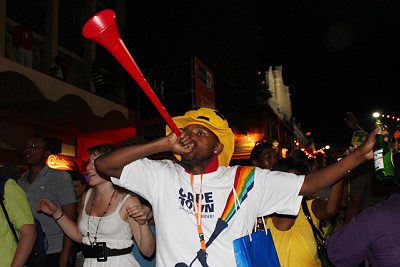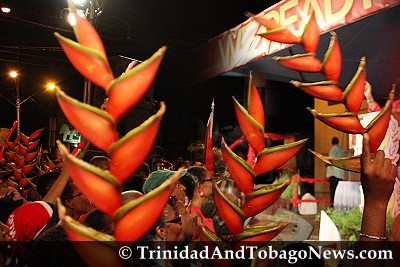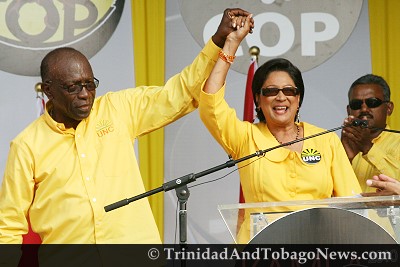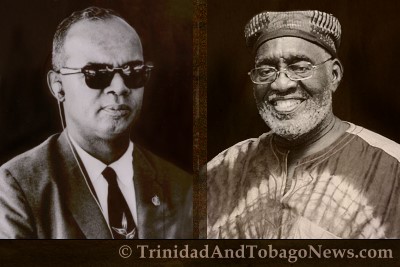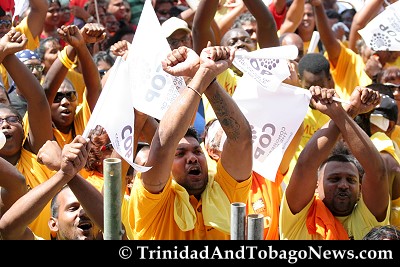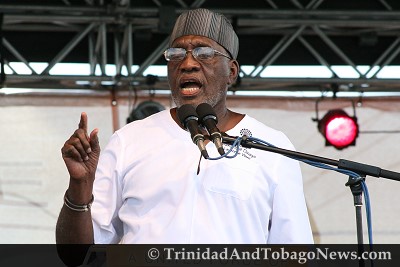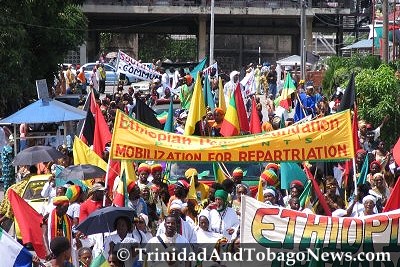
Emancipation celebrations this year, I suppose, will have added significance for those of the African diaspora who consider that their spiritual navel strings are buried on the continent of Africa, especially as the World Cup venture was a spectacular international success. Incidentally, the football extravaganza was conceivably Mandela’s parting gift to Africa as well as Africa’s final tribute to him.
Continue reading Identifying with Ancestral Home

